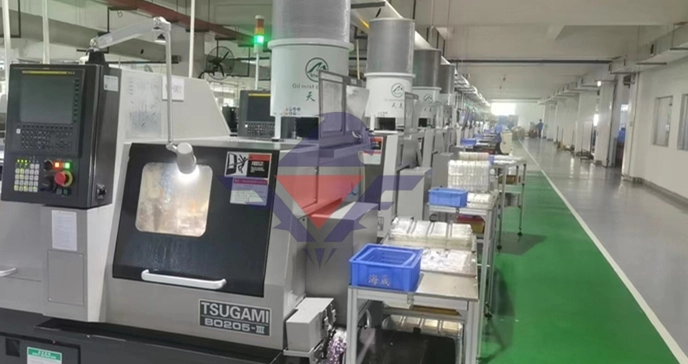
# Endotoxin Assay Kits: Reliable Solutions for Bacterial Toxin Detection
## Understanding Endotoxins and Their Impact
Endotoxins are lipopolysaccharides (LPS) found in the outer membrane of Gram-negative bacteria. These toxic substances can cause severe immune responses when introduced into the bloodstream or sterile tissues. The detection and quantification of endotoxins are crucial in pharmaceutical manufacturing, medical device production, and various research applications.
## The Importance of Accurate Endotoxin Detection
Why Endotoxin Testing Matters
Endotoxin contamination can lead to serious health consequences, including fever, septic shock, and even death in severe cases. Regulatory agencies like the FDA and European Pharmacopoeia have established strict limits for endotoxin levels in injectable drugs and medical devices. This makes reliable endotoxin detection an essential quality control measure in these industries.
## Types of Endotoxin Assay Kits
Limulus Amebocyte Lysate (LAL) Based Kits
The most widely used endotoxin assay kits are based on Limulus Amebocyte Lysate (LAL), derived from horseshoe crab blood. These kits come in several formats:
- Gel-Clot Assay: A qualitative or semi-quantitative method that detects gel formation
- Chromogenic Assay: Measures color change for quantitative results
- Turbidimetric Assay: Detects changes in solution turbidity
Recombinant Factor C (rFC) Based Kits
As an alternative to LAL, recombinant Factor C (rFC) based kits offer animal-free testing solutions with comparable sensitivity and specificity. These kits are gaining popularity due to ethical considerations and sustainability concerns.
## Choosing the Right Endotoxin Assay Kit
When selecting an endotoxin assay kit, consider these factors:
- Required sensitivity (typically 0.001-5.0 EU/mL)
- Sample matrix and potential interferences
- Throughput needs (manual vs. automated systems)
- Regulatory compliance requirements
- Budget and cost-effectiveness
Keyword: Endotoxin Assay Kits
## Best Practices for Endotoxin Testing
Ensuring Accurate Results
To obtain reliable endotoxin measurements:
- Maintain proper aseptic techniques throughout the testing process
- Validate all equipment and reagents
- Include appropriate controls in each assay run
- Follow manufacturer instructions precisely
- Document all procedures and results thoroughly
## Applications of Endotoxin Assay Kits
Endotoxin detection kits serve critical roles in various fields:
- Pharmaceuticals: Testing parenteral drugs, vaccines, and biologics
- Medical Devices: Ensuring implant safety
- Water Quality: Monitoring dialysis water and pharmaceutical water systems
- Research: Studying immune responses and inflammation mechanisms
## Future Trends in Endotoxin Detection
The field of endotoxin testing continues to evolve with advancements in:
- High-throughput automated systems
- Miniaturized and portable testing devices
- Improved recombinant technologies
- Enhanced data analysis software
As regulatory requirements become more stringent and the demand for rapid, reliable testing grows, endotoxin assay kits will remain indispensable tools for ensuring product safety and advancing scientific research.